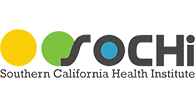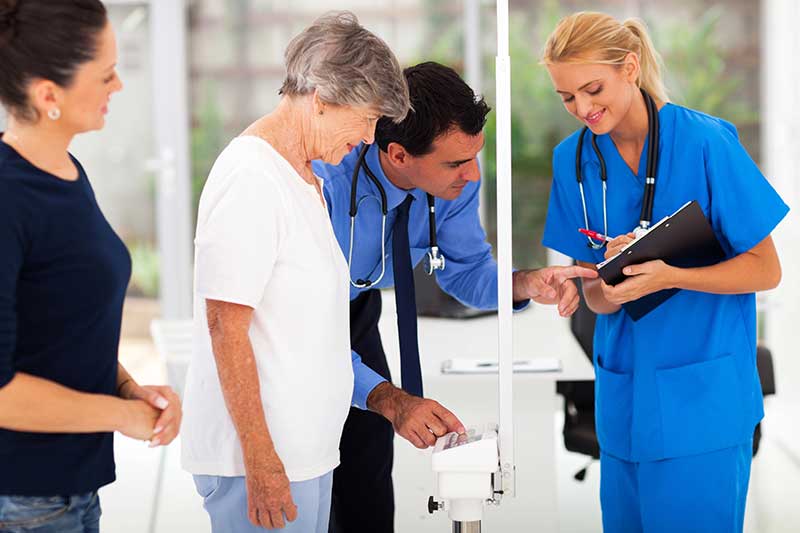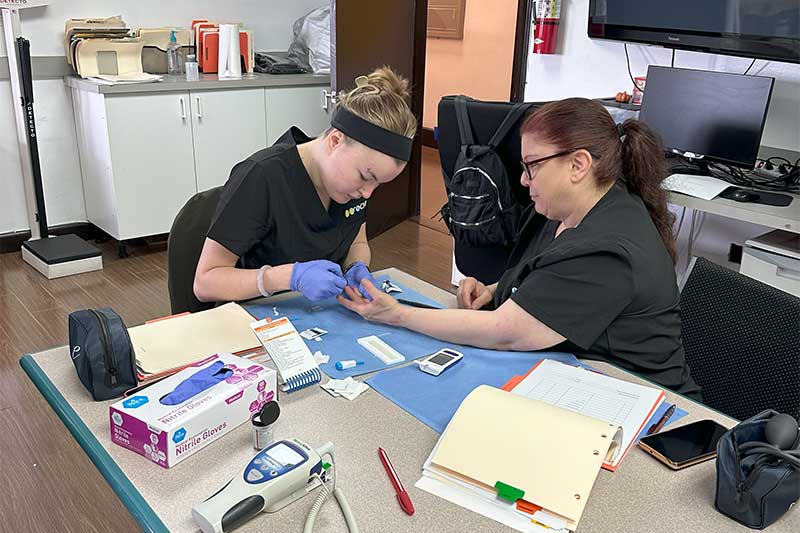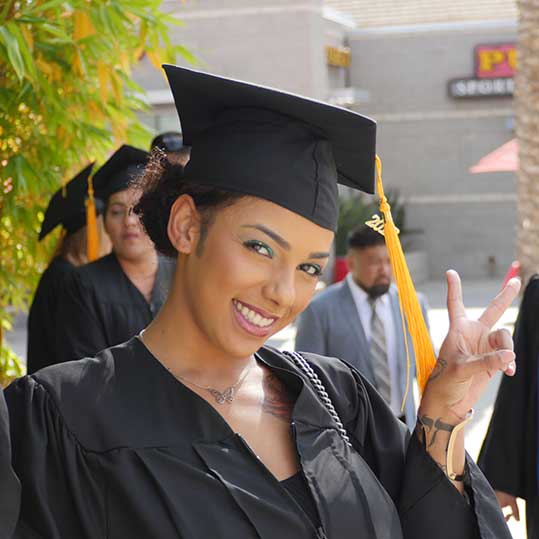Discover the top 25 skills for successful medical assistants, from communication and organization to technical proficiency and empathy. Become a highly sought-after professional with these essential abilities from SOCHI.
Medical assistants play a crucial role in healthcare facilities by performing administrative and clinical tasks. They are responsible for maintaining medical records, scheduling appointments, preparing patients for examinations, and so much more. With that in mind, medical assistants must possess certain skills to be successful in their jobs. In this blog post, we will highlight the top 25 skills medical assistants need to have to succeed.
Discover the Top 25 Skills for Successful Medical Assistants
Want to excel in your medical assistant career? Discover the top 25 skills that will set you apart and make you a valuable asset to any healthcare team.
1. Communication Skills:
Medical assistants must be able to communicate effectively with patients, doctors, and other healthcare professionals.
2. Organizational Skills:
They must be well-organized and able to coordinate tasks in a fast-paced work environment.
3. Technical Skills:
They must be proficient in using medical software, electronic health records, and other medical equipment.
4. Time Management Skills:
Being able to manage their time effectively is crucial to maximize productivity and ensure patients are seen in a timely manner.
5. Attention to Detail:
Medical assistants need to be meticulous when documenting and managing patient information to avoid errors.
6. Compassion:
They must be empathetic and compassionate towards patients, especially those who are in pain or distress.
7. Multi-Tasking:
They must be able to handle multiple tasks at once and prioritizing them accordingly.
8. Patient Education:
Providing patients with relevant information about their health condition, medication, and treatment plans is part of their responsibilities.
9. Adaptability:
Medical assistants may encounter different situations daily, which requires flexibility and adaptability.
10. Medical Terminology:
They must be familiar with medical terminology and its usage to effectively communicate with healthcare professionals and patients.
11. Record Keeping:
They must be skilled at maintaining accurate patient records and data confidentiality.
12. Team Player:
Working collaboratively with other healthcare professionals is essential to deliver comprehensive patient care.
13. Ethics:
Medical assistants need to understand and adhere to ethical guidelines and standards to ensure excellent patient care.
14. Critical Thinking and Problem-Solving:
They must be able to assess problems and find solutions that are relevant to the situation to avoid medical mistakes.
15. Professionalism:
Medical assistants should always maintain a professional demeanor in a healthcare setting, such as dressing appropriately and using proper language.
16. Active Listening:
They must listen actively to patient concerns and questions to provide the appropriate medical response.
17. Interpersonal Skills:
They must be able to interact cordially with patients and their families, creating a positive experience in the healthcare facility.
18. Infection Control:
They must be knowledgeable about proper hygiene procedures to minimize the spread of infection.
19. Computer Skills:
They should be knowledgeable about computer applications relevant to their work to manage medical records, produce reports, and use office equipment.
20. Cultural Competency:
They must be aware of cultural backgrounds and customs to deliver quality patient care and avoid misunderstandings.
21. Writing Skills:
They must be proficient in medical writing, which includes producing reports, letters, and referrals.
22. Attention to Privacy:
Medical assistants must comply with HIPAA regulations, maintain patient privacy, and handle confidential information appropriately.
23. Prioritization:
Medical assistants should prioritize tasks, which is important in ensuring that important patient needs are met first.
24. Confidence:
Being confident in their work is key to providing patients with reassurance and a sense of professionalism.
25. Physical Endurance:
They must be able to perform their duties for long hours and efficiently manage various healthcare equipment.
How to Get Medical Assistant Skills?
Medical assisting is a rapidly growing career in the healthcare industry. To become a successful medical assistant, you must have the necessary skills. The good news is that there are many ways to acquire these skills. One is to enroll in an accredited medical assisting program designed to provide you with hands-on experience and training.
Another way is to seek an apprenticeship with a practicing medical assistant. This allows you to learn on the job under the guidance of an experienced professional. Additionally, you can enhance your skills by attending conferences, workshops, and seminars. The key is to be proactive and seek opportunities to help you develop the skills needed to become a confident and competent medical assistant.
Are You Ready to Become a Medical Assistant?
If you are passionate about healthcare and helping others, becoming a medical assistant may be your perfect career path. SOCHI medical assistant program offers comprehensive training programs that will equip you with the skills and knowledge needed to succeed in this field. From medical terminology to clinical procedures, their curriculum is designed to provide a solid foundation in all aspects of medical assisting.
You’ll learn from experienced professionals and have access to state-of-the-art facilities, giving you a hands-on learning experience. With SOCHI, you’ll have the opportunity to embark on an exciting and rewarding career in healthcare. Are you ready to take the first step?
Conclusion:
Medical assistants are integral to delivering excellent patient care in the healthcare industry. The above skills are vital for medical assistants to provide optimum healthcare services. Aspiring medical assistants should strive to develop these skills to be successful in their work. Furthermore, healthcare facilities should provide training and development for medical assistants to ensure they have all the skills necessary to deliver top-notch medical services.




